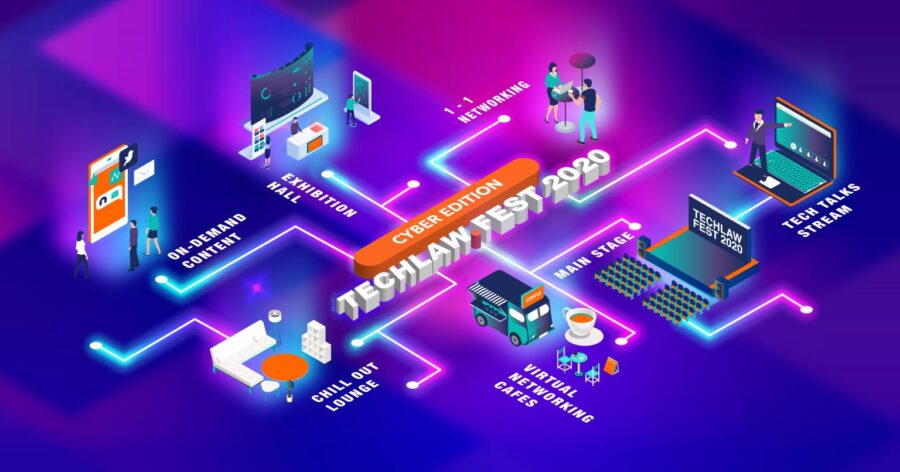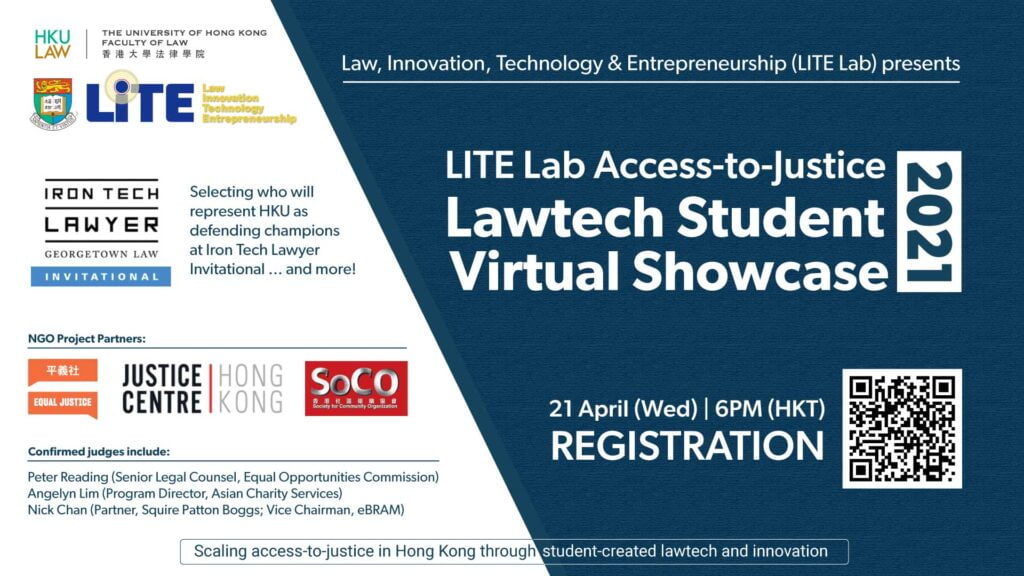The theme of this year’s TechLaw.Fest is ‘This is What’s Next”’. I thought this is very apt in the realm of law and technology. Both are forward-looking, and multi-faceted that we constantly, even in practice, ask ourselves ‘what’s next’.
Second Minister for Law and Minister for Community, Culture and Youth Edwin Tong S.C.
Opening Remarks at TechLaw.Fest 2023
Introduction
Since the last edition of TechLaw.Fest in 2022, technology has developed at a rapid pace. It is now trite to say that technology touches every aspect of our lives. It has transformed, and continues to transform, how people work, interact and, play. This is not only embodied in the rise of large language models (“LLMs”) and generative AI applications such as ChatGPT, but also questions about the future of cryptocurrency, immersive technologies, and online safety. Amidst rapid technological developments on multiple fronts, it is important to have robust conversations on the workings of these technologies and their impact – positive or negative – on people and society.
As one of Asia’s largest law and technology conferences, TechLaw.Fest is an important forum bringing together industry leaders, government, legal professionals, technologists, academics, and civil society to have these robust conversations. As the first fully physical rendition of the event since 2019, TechLaw.Fest 2023 brought together thought leaders from various domains to answer “what’s next” in the vast field of law and technology. This article aims to bring a glimpse into the key insights and themes discussed across both days of Singapore’s signature law and technology conference.






